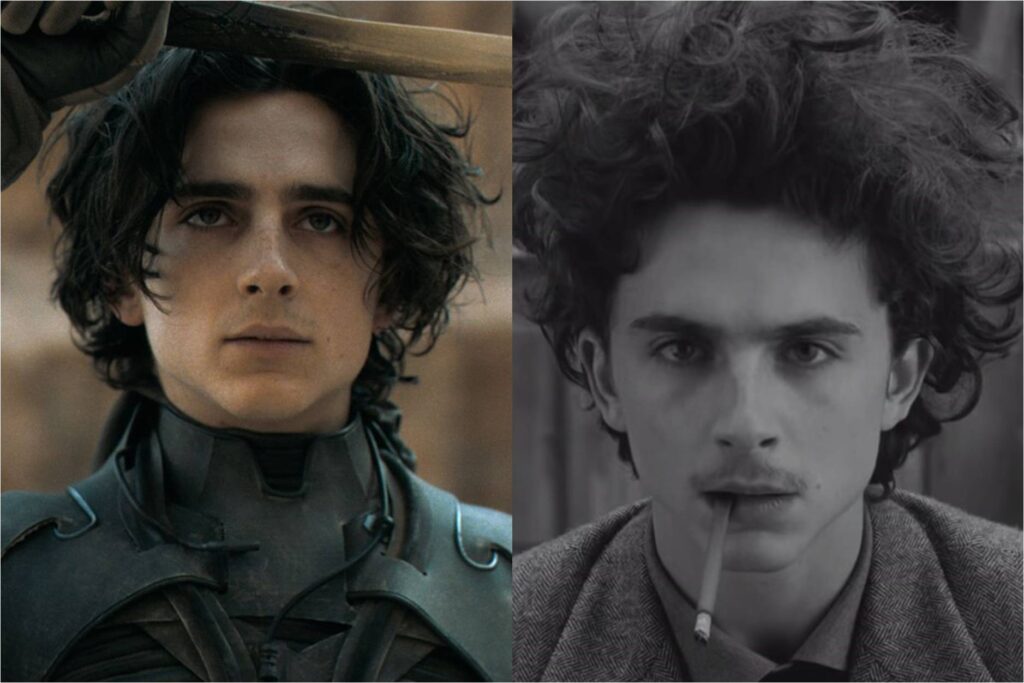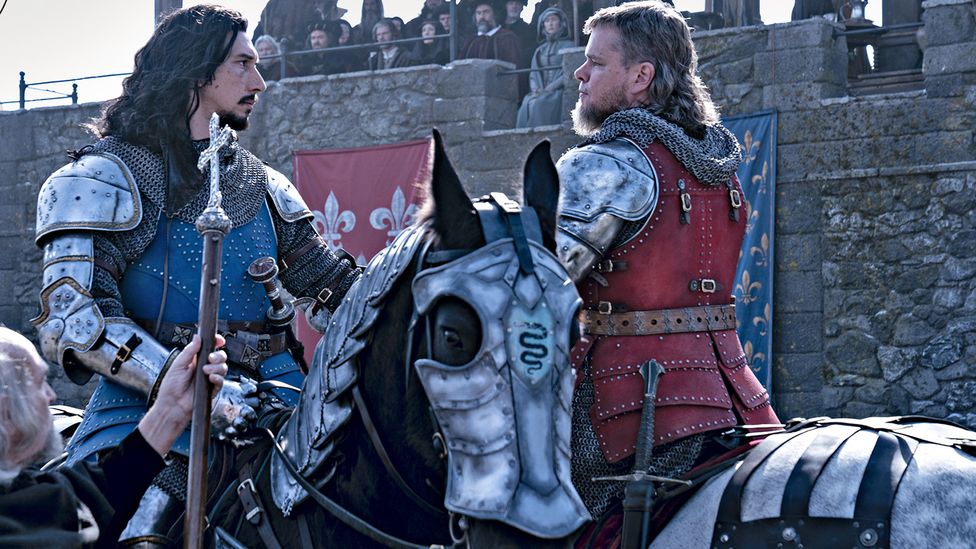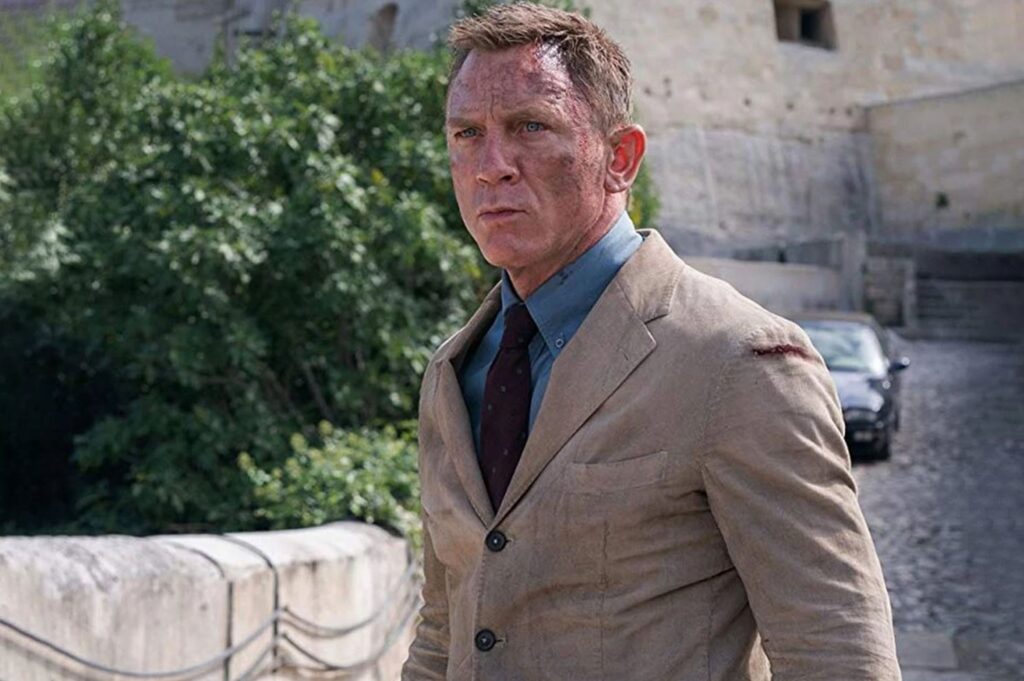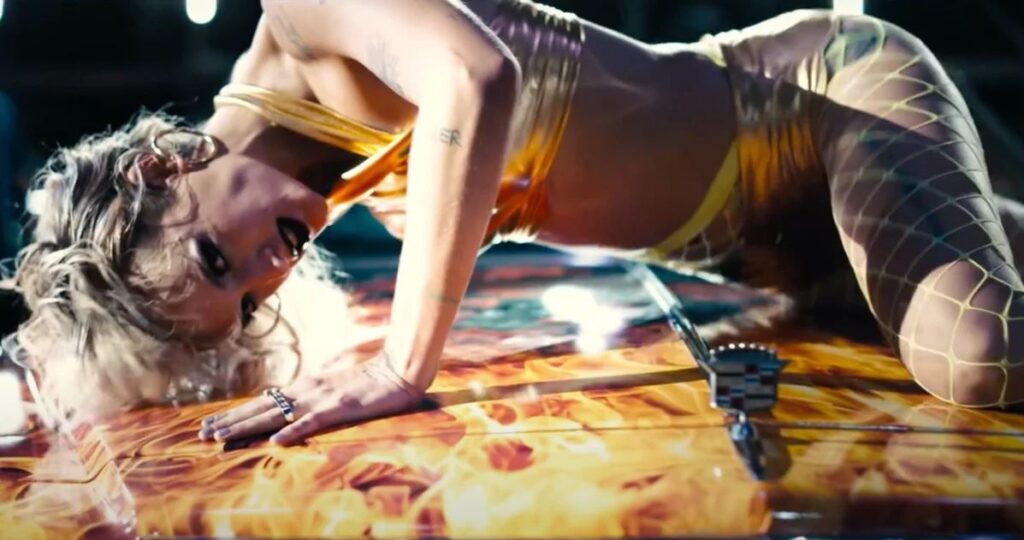Last Night in Soho: Going Back, Going Blonde, Going Bonkers
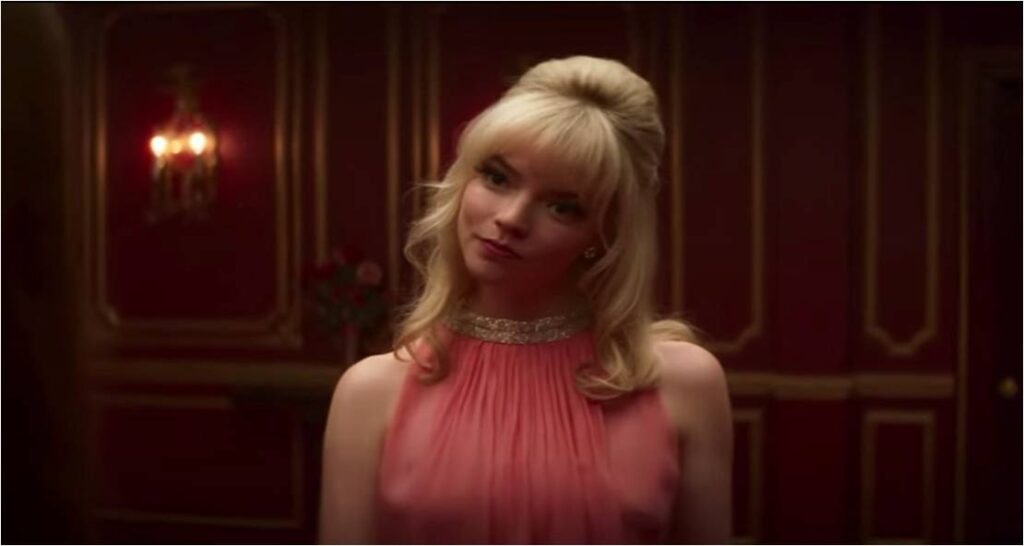
Remember the Swinging Sixties? That blissful English era of artistic revolution, high hedonism, and rampant sexism? At least, I think that’s what it involved; I wasn’t alive at the time, but I’ve consumed enough cultural artifacts from the period to approximate the woozy sensations of decadence and discovery. So has Edgar Wright, a voracious student of 20th-century pop culture whose movies tend to function as tributes to his dilettantish obsessions, as well as advertisements for the breadth of his own taste; his prior film, Baby Driver, was less a heist thriller than a feature-length playlist of classic tunes with vibrant visual accompaniment. Wright’s new feature, Last Night in Soho, initially scans as an ode to the lascivious London of yesteryear, a passionate homage to the pristine past that doubles as a sour lament for the degraded present. But there is more going on here than you might suspect—more ideas, more innovation, more mistakes.
“I like the old stuff better,” says Ellie (Thomasin McKenzie), an aspiring fashion designer newly arrived in London from the country. It’s a valid preference—the music that pours through her Beats by Dre headphones includes hits by The Kinks, Dusty Springfield, and Peter & Gordon—that nonetheless carries dubious implications. Nostalgia can be simplistic as well as seductive, and many a filmmaker has fallen prone to romanticizing the gauzy bygone days without grappling with their dark marks and complications. This time around, Wright is smarter than that; Last Night in Soho is simultaneously an appreciation and a reckoning. It conjures a hypnotic veil of old-world glamour, then vigorously pierces it to reveal the rot festering underneath. Read More

